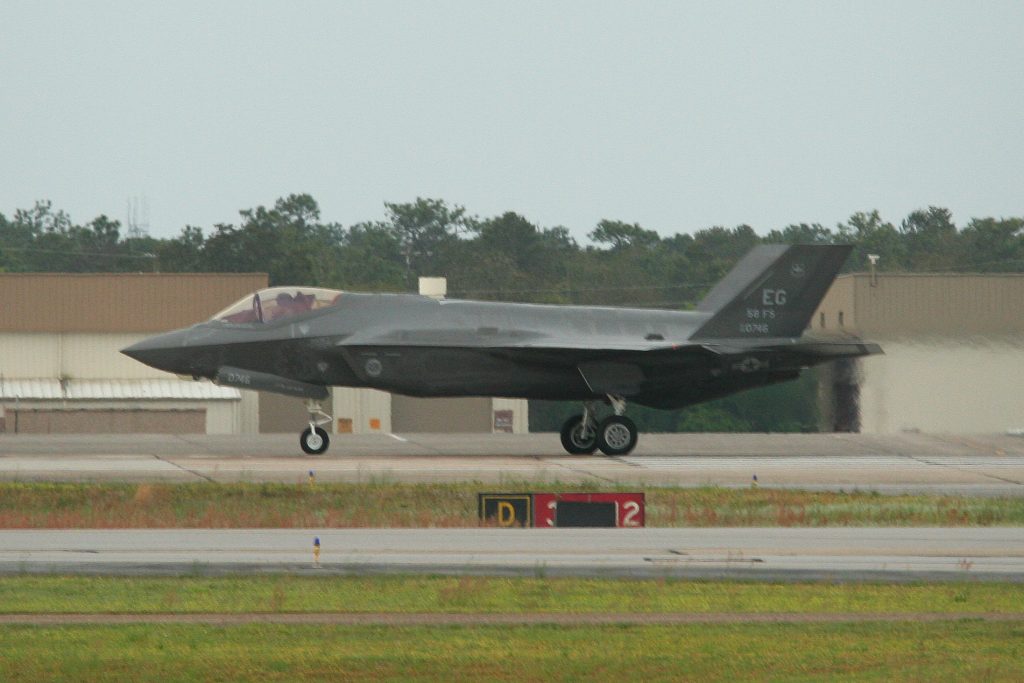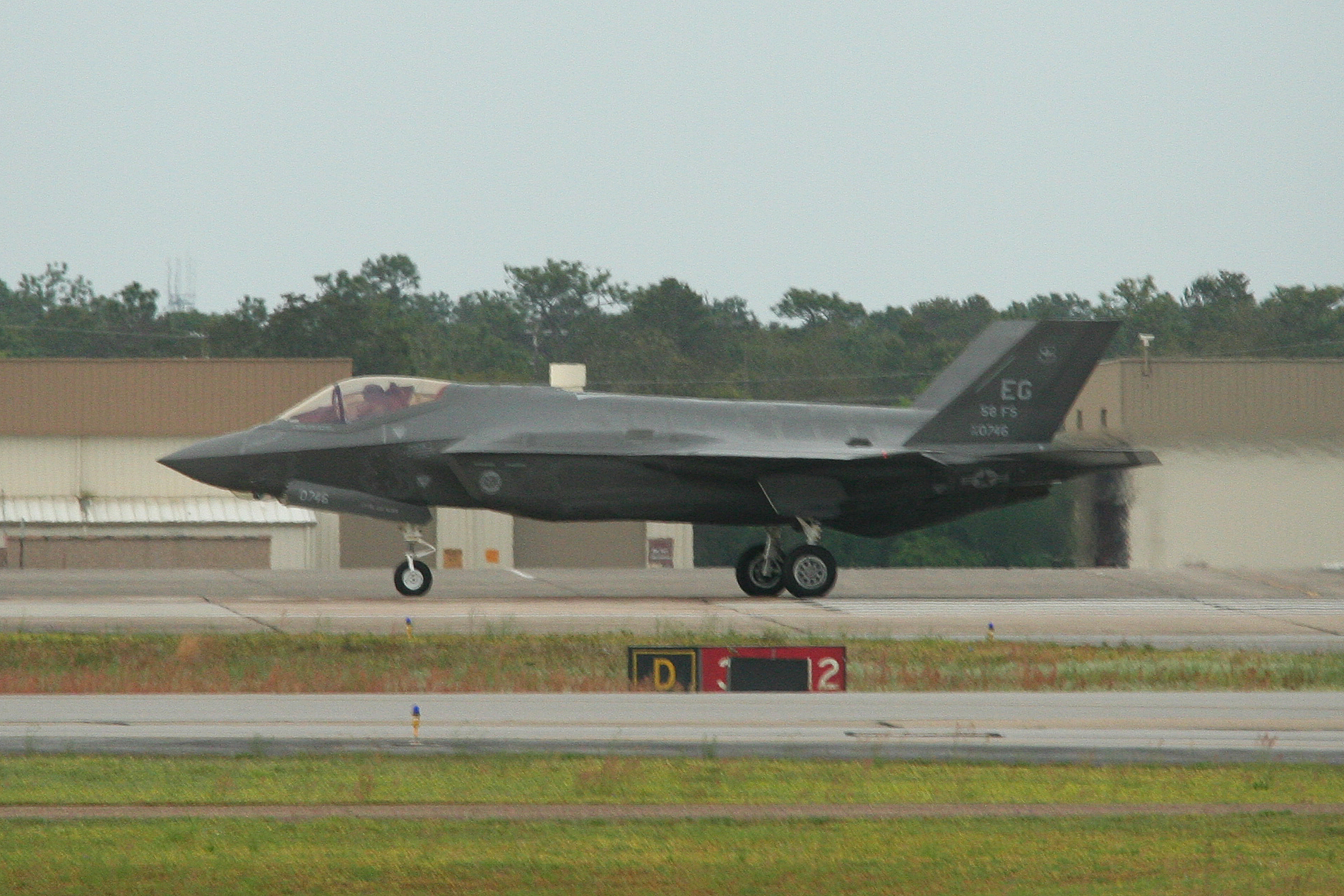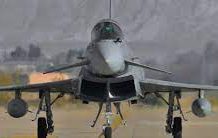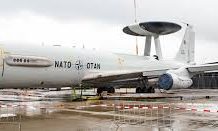
Switzerland’s planned purchase of F-35 fighter jets from Lockheed Martin is turning out to be considerably more costly than first projected, sparking debate in Bern over whether adjustments to the procurement are necessary.
Initially, Switzerland intended to acquire 36 F-35A aircraft for a fixed price of 6 billion Swiss francs ($7.55 billion). The deal, finalized in 2021 and signed into law following parliamentary approval in September 2022, was meant to cover not only the jets but also training, logistics, ammunition, and supporting infrastructure. Deliveries were scheduled between 2027 and 2030.
However, talks between Swiss and U.S. officials, including discussions at the defense minister level, failed to secure a firm price. In August, the Swiss government revealed that the final bill could rise by CHF 650 million ($817 million) to as much as CHF 1.3 billion ($1.63 billion) beyond the original figure. Officials explained that the higher projection includes a buffer against economic uncertainties.
The Pentagon attributed the rising costs to inflation, higher raw material prices, supply chain challenges, and tariffs introduced during the Trump administration, all of which have driven up the per-unit cost of the F-35.
Despite these challenges, Bern has reiterated its intention to proceed with the program. “The issue is not whether the project continues, but how to address the increased procurement costs,” said defense spokesperson Kaj-Gunnar Sievert.
The purchase of new fighters was approved in a razor-thin 2020 referendum, when just 50.1% of voters backed the CHF 6 billion budget to replace Switzerland’s aging fleet of F/A-18C/D Hornets. With the cost now exceeding that figure, opposition parties are pushing for a fresh referendum to halt the deal.
Adding to the political strain, Switzerland has been hit with the highest U.S. tariffs in Europe at 39%, prompting unusually sharp criticism of Washington across the Swiss political spectrum. The Federal Council, Switzerland’s seven-member executive, expressed “deep regret” and denounced the punitive trade measures.
Meanwhile, the Swiss parliament has commissioned an inquiry into the procurement process to determine how misunderstandings with U.S. authorities arose. The commission is due to report its findings by November. At the same time, the defense ministry has launched a separate working group to propose next steps from a military perspective.
Officials stressed that walking away from the F-35 deal or restarting the competition with other aircraft is not under consideration. However, the possibility of reducing the number of jets remains open. The ministry confirmed that the group will revisit the 2017 operational requirements for Switzerland’s future air defense, including a review of the fleet size needed to meet national security needs.





